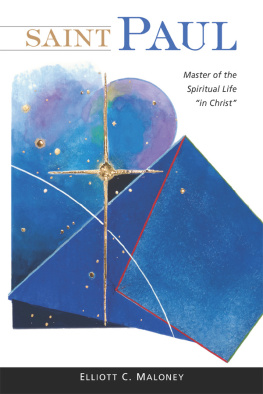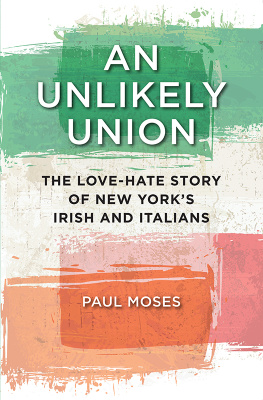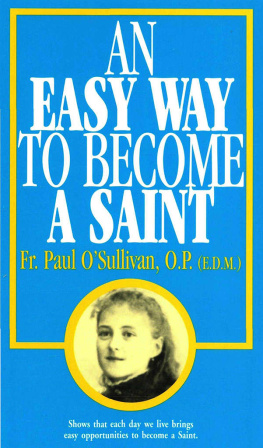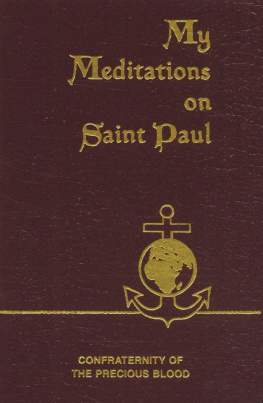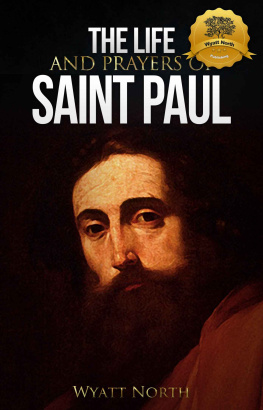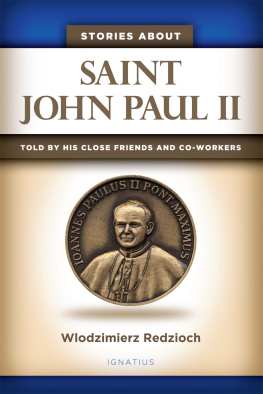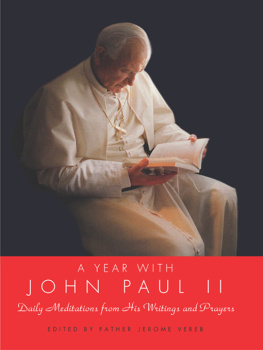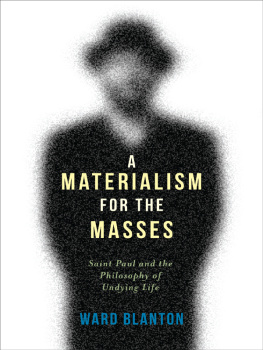Paul Moses - The Saint and the Sultan
Here you can read online Paul Moses - The Saint and the Sultan full text of the book (entire story) in english for free. Download pdf and epub, get meaning, cover and reviews about this ebook. year: 2009, publisher: The Crown Publishing Group, genre: History. Description of the work, (preface) as well as reviews are available. Best literature library LitArk.com created for fans of good reading and offers a wide selection of genres:
Romance novel
Science fiction
Adventure
Detective
Science
History
Home and family
Prose
Art
Politics
Computer
Non-fiction
Religion
Business
Children
Humor
Choose a favorite category and find really read worthwhile books. Enjoy immersion in the world of imagination, feel the emotions of the characters or learn something new for yourself, make an fascinating discovery.

- Book:The Saint and the Sultan
- Author:
- Publisher:The Crown Publishing Group
- Genre:
- Year:2009
- Rating:3 / 5
- Favourites:Add to favourites
- Your mark:
- 60
- 1
- 2
- 3
- 4
- 5
The Saint and the Sultan: summary, description and annotation
We offer to read an annotation, description, summary or preface (depends on what the author of the book "The Saint and the Sultan" wrote himself). If you haven't found the necessary information about the book — write in the comments, we will try to find it.
The Saint and the Sultan — read online for free the complete book (whole text) full work
Below is the text of the book, divided by pages. System saving the place of the last page read, allows you to conveniently read the book "The Saint and the Sultan" online for free, without having to search again every time where you left off. Put a bookmark, and you can go to the page where you finished reading at any time.
Font size:
Interval:
Bookmark:
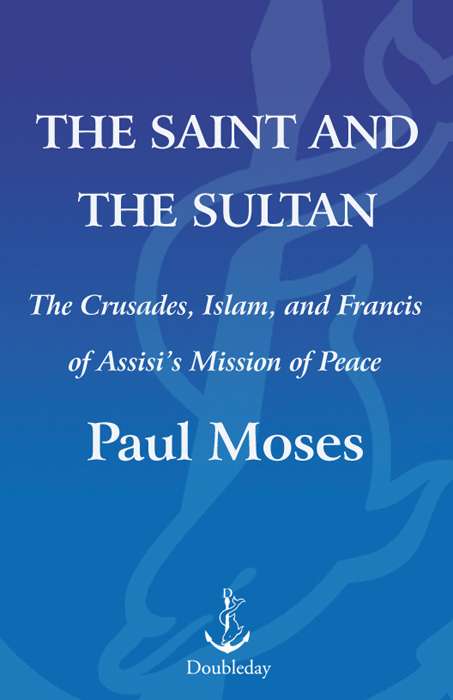
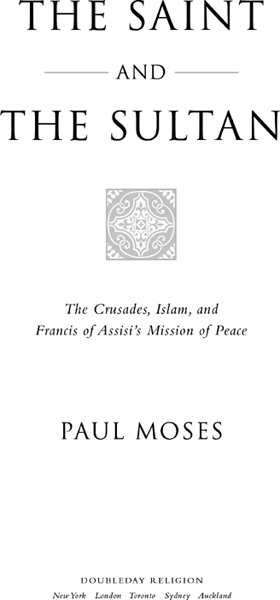
FOR BERNARD AND ANNE MOSES
Pace e benee grazie
PART ONE
PART TWO
PART THREE
19
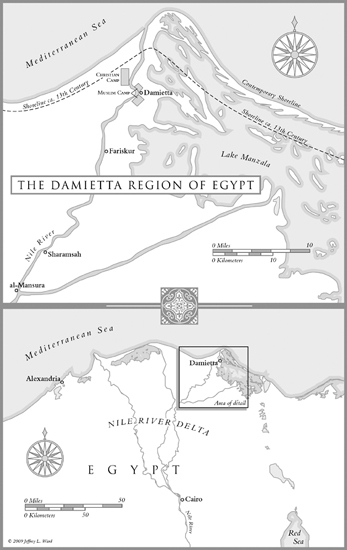
F rancis stood before the sultan of Egypt.
He had yearned for such an audience with a Muslim leader for at least seven years, embarking on dangerous journeys three times during that period. Now his moment had arrived, in the midst of a Crusade that was killing thousands of people in the sweltering heat on the banks of the Nile late in the summer of 1219. The leader of the Christian armyCardinal Pelagius himselfhad warned the friar from Assisi that it would be folly to traverse the battlefield between the two armies to seek out this Sultan Malik al-Kamil. Francis, no stranger to the cruelty of men at war, knew full well the torture and mutilation that both armies inflicted on suspected spies. He had been told that the sultan was a monster, a cruel tyrant likely to order his death. But Francis had traveled a long way to see the sultan and insisted to the cardinal that he must go.
God willed it.
The sultan looked over the odd duo in his tent, Francis and his traveling companion, Friar Illuminato, barefoot monks dressed in coarse, patched brown tunics. His soldiers had found the two wandering around the outskirts of the Muslim camp and seized them roughly. Francis and Illuminato had cried out, Sultan! Sultan! That these unarmed Christians had survived their initial encounter with the sultans troops was wonder enough. What could they want? The sultan thought that perhaps the Franks, as Muslims called all Crusaders, had sent them to his tent with a response to his latest peace proposal. The sultan, made weary by war, desperately wanted a deal that would end the Christians siege of Damietta, a city at the mouth of the Nile where his people were dying of disease and starvation.
May the Lord give you peace. Francis surprised the sultan with his words. It was the friars standard greetingmost unusual for Christians in his time, especially during war. It perplexed the sultan. Uncertain about his visitors intention, the sultan asked if they had come as representatives of the popes army.
We are ambassadors of the Lord Jesus Christ, Francis responded.
The sultan, a subtle, philosophical man who was schooled in the ways of Christians, could not have missed the distinction Francis drew in asserting that he was Gods ambassador, not the popes. This daring little man and his companion intrigued himthey even resembled the severely dressed Sufi holy men the sultan revered for their mystical insight into Islam.
If you wish to believe us, Francis continued, we will hand over your soul to God.
Sultan Malik al-Kamil gave this man permission to continue. Then he listened closely as Francis began to speak.
T his is a story about peace, one that is nearly eight hundred years old but still resonates in an era when Christians and Muslims look at one another with suspicion.
In the midst of war Francis of Assisi and Sultan Malik al-Kamil found common ground in their encounter outside the besieged city of Damietta, Egypt, in 1219. By that time the Crusades had been fought for more than a century. Christians had seized Jerusalem from the Muslims in 1099 but suffered a devastating blow when the great warrior Saladin took it back eighty-eight years later. In the decades that followed, the popes launched one failed military venture after another to win back territory in the Holy Land. The interreligious warfare would continue for centuries as Christians fought Muslim armies in Europe.
This is the story of how one man tried, in his own way, to stop this cycle of violence. I have written it because the example of Francis and the sultan calls out from the past to be recovered as a glimmer of hope in our own time.
Sultan al-Kamil, Saladins nephew, clearly was taken by this charismatic monk who dared to cross into his encampment. Francis, one of the greatest Christian saints, was changed by the experience and came away deeply impressed with Islamic spirituality. In a revolutionary departure for his time, he urged his brothers to live peacefully among Muslims even as the Fifth Crusade clattered on to its deadly and fruitless conclusion. This encounter endures as a memorable forerunner of peaceful dialogue between Christians and Muslims. Ive written this book with the hope that it will encourage others to build on the example of the saint and the sultan.
Spectacular as it was, Franciss journey to Damietta plays little role in the timeworn portrayal of the saint as a pious, miracle-working mystic and a quaintly impoverished friend to animals and nature. As a journalist for some three decades, Ill just say, in the language of the newsroom, that the truth about Francis and his relationship to Islam and the Crusades was covered up. The key early biographies of Francis were written under the influence of powerful medieval popesthe same men who organized the Crusades and used the battering ram of excommunication to force reluctant rulers to take part. With the medieval papacy at the zenith of its theocratic power in the thirteenth century, the early biographers could not say what really happened in Damiettathat Francis, opposed to the Crusade, was on a peace mission and hoped to end the warfare by converting the sultan to Christianity.
Journalistic training tells me to be skeptical about the tendency in our day to re-cast Francis as a medieval flower child, a carefree, peace-loving hippie adopted as the patron saint of the Left. Francis was far too devoted to suffering, penance, obedience, and religious orthodoxy to be cast as an ancestor to the hippies of the 1960s or the New Age movement. Yet a probing look at the early documents concerning Francis reveals that the quest for peacea peace encompassing both the end of war and the larger spiritual transformation of societywas at the core of Franciss ministry and thus at the heart of his mission to the sultans court.
The major problem faced in trying to recover the Francis of history is that these medieval documents, however detailed and informative, cannot be taken at face value. Their aim is to portray Franciss saintliness, not to provide a true history of his life. For me, that has meant trying to approach the material on Francis as an investigative reporter would, looking for the agendas and spin in the accounts. In deciding which portions of the medieval documents to accept as historical and which to reject, Ive kept in mind that the accounts of Franciss life were written to fulfill various needs: to enhance his cult as a saint; to convince the church hierarchy of the Franciscan orders orthodoxy; to appease competing factions within the order. Ive relied mainly on accounts from the first half of the thirteenth century because the later ones tend to be much more embellished. Ive also given heavy weight to clues in Franciss own writings, which show that he favored a peaceful solution to the conflicts between Christian and Muslim.
The method used in this book to seek the true story of Francis and the sultan is a journalists version of the detective work Scripture scholars have done to find the historical Jesus in the gospels. In both cases, the accounts in question need to be viewed in the context of their own times: the audiences they were written for, the political pressures at hand, the writers theological goals in telling the story. By doing that, its possible to decode the early documents and uncover the story of Francis, the sultan, and what their encounter can mean today.
Font size:
Interval:
Bookmark:
Similar books «The Saint and the Sultan»
Look at similar books to The Saint and the Sultan. We have selected literature similar in name and meaning in the hope of providing readers with more options to find new, interesting, not yet read works.
Discussion, reviews of the book The Saint and the Sultan and just readers' own opinions. Leave your comments, write what you think about the work, its meaning or the main characters. Specify what exactly you liked and what you didn't like, and why you think so.

